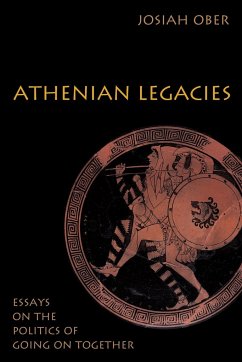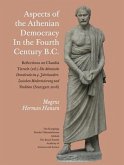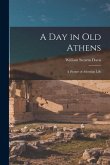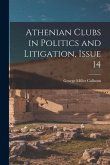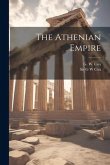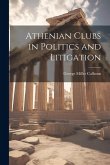How do communities survive catastrophe? Using classical Athens as its case study, this book argues that if a democratic community is to survive over time, its people must choose to go on together. That choice often entails hardship and hard bargains. In good times, going on together presents few difficulties. But in the face of loss, disruption, and civil war, it requires tragic sacrifices and agonizing compromises. Athenian Legacies demonstrates with flair and verve how the people of one influential political community rebuilt their democratic government, rewove their social fabric, and, through thick and thin, went on together. The book's essays address amnesty, civic education, and institutional innovation in early Athens, a city that built and lost an empire while experiencing plague, war, economic trauma, and civil conflict. As Ober vividly demonstrates, Athenians became adept at collective survival. They conjoined a cultural commitment to government by the people with new institutions that captured the social and technical knowledge of a diverse population to recover from revolution, foreign occupation, and the ravages of war. Ober provides insight into notorious instances of Athenian injustice, explaining why slaves, women, and foreign residents willingly risked their lives to support a regime in which they were systematically mistreated. He answers the question of why Socrates never left a city he said was badly governed. At a time when social scientists debate the cultural grounding necessary to foster democracy, Athenian Legacies advances new arguments about the role of diversity and the relevance of shared understanding of the past in creating democracies that flourish when the going gets rough.
Hinweis: Dieser Artikel kann nur an eine deutsche Lieferadresse ausgeliefert werden.
Hinweis: Dieser Artikel kann nur an eine deutsche Lieferadresse ausgeliefert werden.

